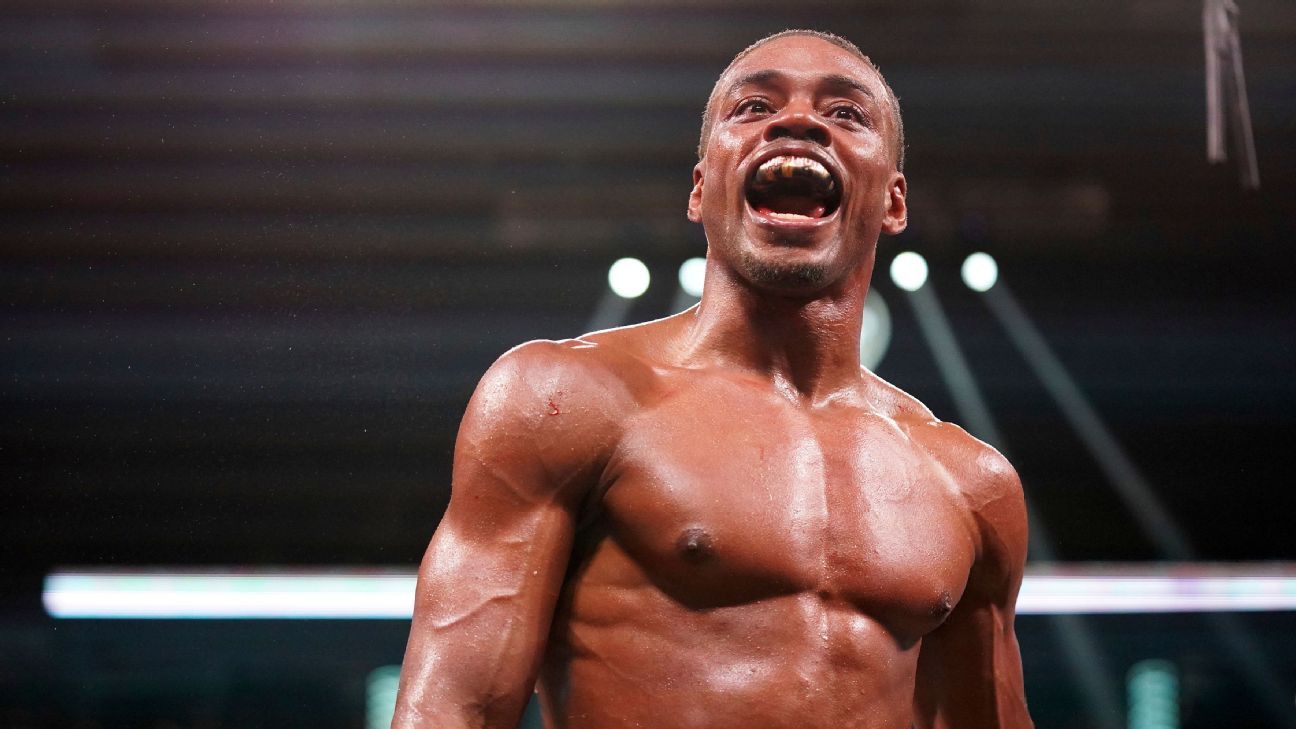Boxing titans Terence Crawford and Errol Spence Jr. are on a path to make history as they strive to become the first fully unified welterweight champions of the four-belt era. This noble quest, however, comes with a significant price. They are required to part with substantial portions of their purses to the IBF, WBA, WBC, and WBO, potentially totaling up to 12% each. This financial commitment is a testament to their dedication and the high stakes involved in their pursuit of undisputed supremacy in the 147-pound division.
This scenario has sparked questions from Spence, who currently holds the IBF, WBA, and WBC belts. During a press conference at Palladium Times Square, Spence expressed concerns about the use of sanctioning fees. These contributions from top-tier boxers like Spence, Canelo, and Joshua, who earn upwards of $50 million per fight, are substantial, and the champion questions the allocation of this money and its direct benefits to the boxing community.
While the IBF, WBA, WBC, and WBO each run charitable organizations supporting various causes, including retired boxers in need of financial aid, it remains unclear how much of their income from fighters’ purses directly aids these causes. The operational costs of these organizations are predominantly covered by these sanctioning fees and proceeds from annual conventions attended by boxers, managers, officials, and promoters.
The highly anticipated showdown between Spence and Crawford is set for a Showtime Pay-Per-View event on July 29 at the T-Mobile Arena in Las Vegas. Spence will be defending his three welterweight titles for the first time against Crawford. Crawford, a three-division champion, previously became the first fully unified 140-pound champion of the four-belt era and currently holds the WBO welterweight crown. As both fighters prepare to stake their claim in history, the impending bout promises not only thrilling competition but also a pivotal conversation on the economics of boxing.
Image Credit: ESPN
